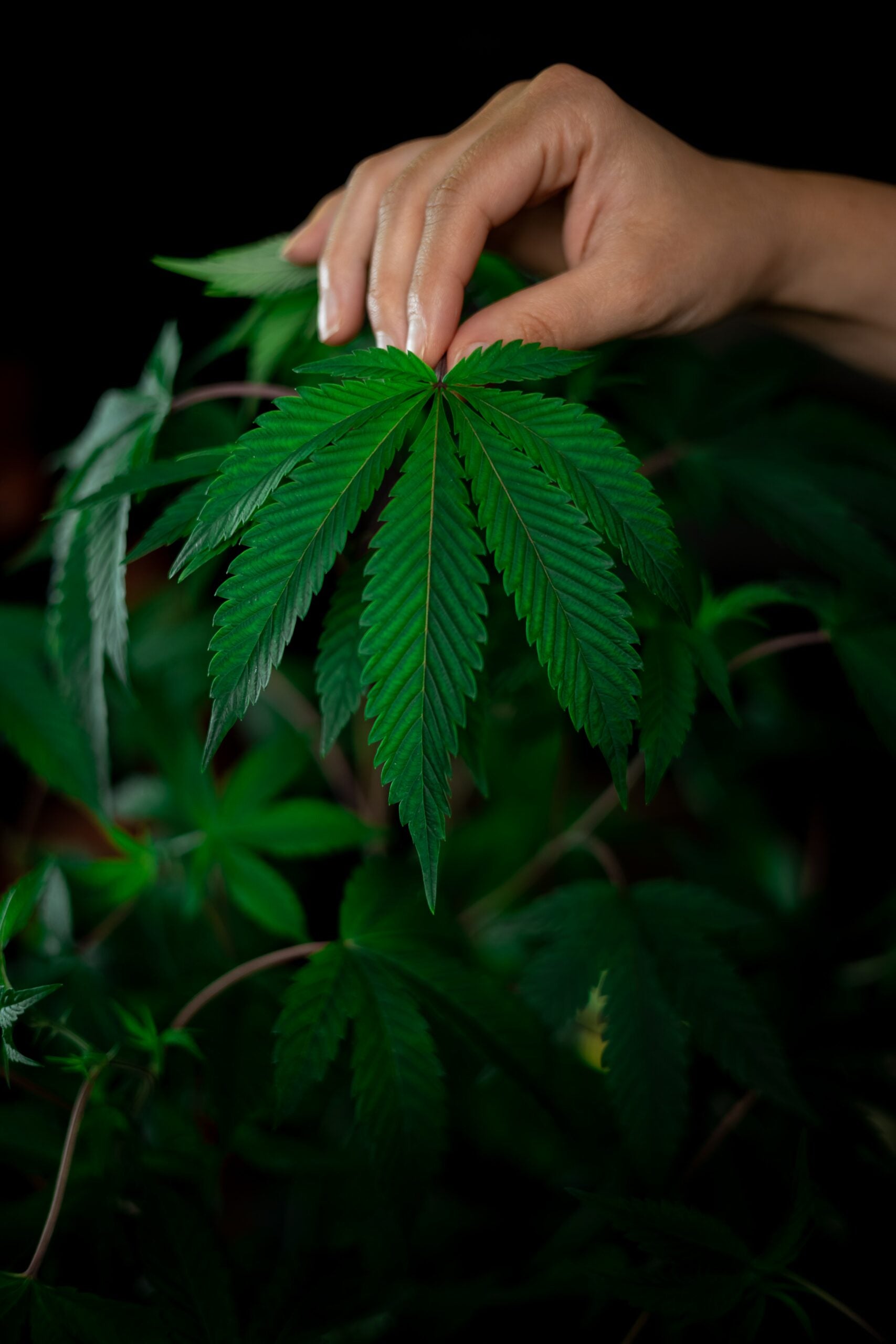Cannabis, also known as marijuana, is a plant that has been used for medicinal and recreational purposes for thousands of years. In recent years, cannabis has become increasingly mainstream, with many countries legalizing its use for medical and/or recreational purposes. We will discuss about cannabis facts, effects and hazards in detail.
One of the most well-known cannabinoids found in cannabis is tetrahydrocannabinol (THC), which is responsible for the psychoactive effects of the plant. Another cannabinoid, cannabidiol (CBD), has gained popularity in recent years for its potential medical benefits, and is non-psychoactive.
Here are some facts about cannabis:
- Medicinal uses: Cannabis has been used for centuries for its medicinal properties. In recent years, it has been studied for its potential to treat a range of conditions, including chronic pain, anxiety, depression, epilepsy, and multiple sclerosis.
- Safety: When used responsibly and in moderation, cannabis is generally considered to be safe for most adults. However, like any substance, it can be harmful if abused or used in excess.
- Methods of consumption: Cannabis can be consumed in a variety of ways, including smoking, vaporizing, edibles, tinctures, and topicals.
- Legalization: As of 2021, cannabis is legal for recreational use in 18 states in the United States, as well as in Canada and Uruguay. It is legal for medical use in many other countries, including Australia, Germany, and the United Kingdom.
- Social stigma: Despite its growing acceptance, cannabis consumption still carries a social stigma in many parts of the world. This stigma can make it difficult for individuals who use cannabis to be open about their use, and can lead to discrimination and criminalization.
- Economic benefits: Legalization of cannabis can bring economic benefits, including tax revenue and job creation. In the United States, the legal cannabis industry is expected to reach $41.5 billion by 2025.
- Environmental benefits: Cannabis is a versatile plant that can be used for a variety of purposes, including paper, textiles, and biofuels. It can also be grown sustainably and can help to reduce carbon emissions.
Effects of Cannabis Consumption
The effects of cannabis consumption can vary depending on the individual, the method of consumption, and the potency of the cannabis. When cannabis is consumed, THC binds to cannabinoid receptors in the brain, which can produce a range of effects. Some of the most commonly reported effects of cannabis consumption include:
Euphoria: Many people report feeling a sense of euphoria or happiness after consuming cannabis.
Increased creativity: Cannabis has been known to enhance creativity, making it a popular choice among artists and musicians.
Relaxation: Cannabis can have a relaxing effect on the body, which can help to reduce stress and anxiety.
Altered perception: Cannabis can alter perception, making colors appear more vibrant and music sound more intense.
Increased appetite: Cannabis can stimulate appetite, which is why it is often used to treat conditions such as anorexia and cachexia.
Dry mouth: Cannabis can cause dry mouth, which can be uncomfortable but is generally not harmful.
Conclusion
In conclusion, cannabis consumption can have both positive and negative effects, and individuals should make informed decisions based on their own personal circumstances and considerations. While cannabis can be used for medicinal and recreational purposes, it is important to be aware of the potential hazards associated with its use.
To further expand your knowledge of Cannabis, we invite you to explore our posts on Terpenes: The Hidden Gems in Cannabis Strains, Unveiling The Calming Power of Limonene in Cannabis, and Easy Cannabis Strains for New Growers for comprehensive coverage.
Click here to see list of latest blogs by Mr Clones













